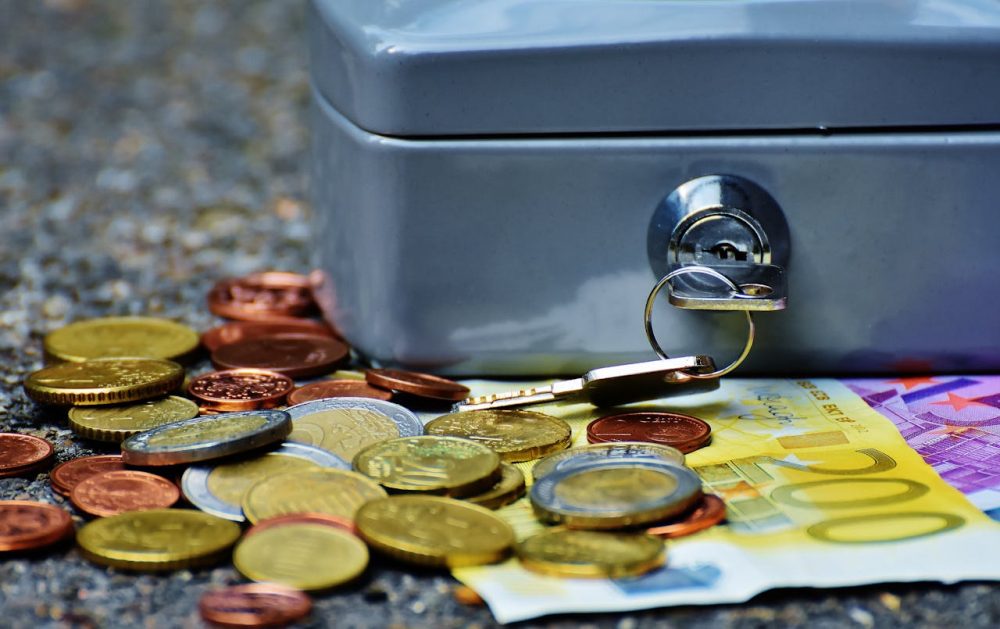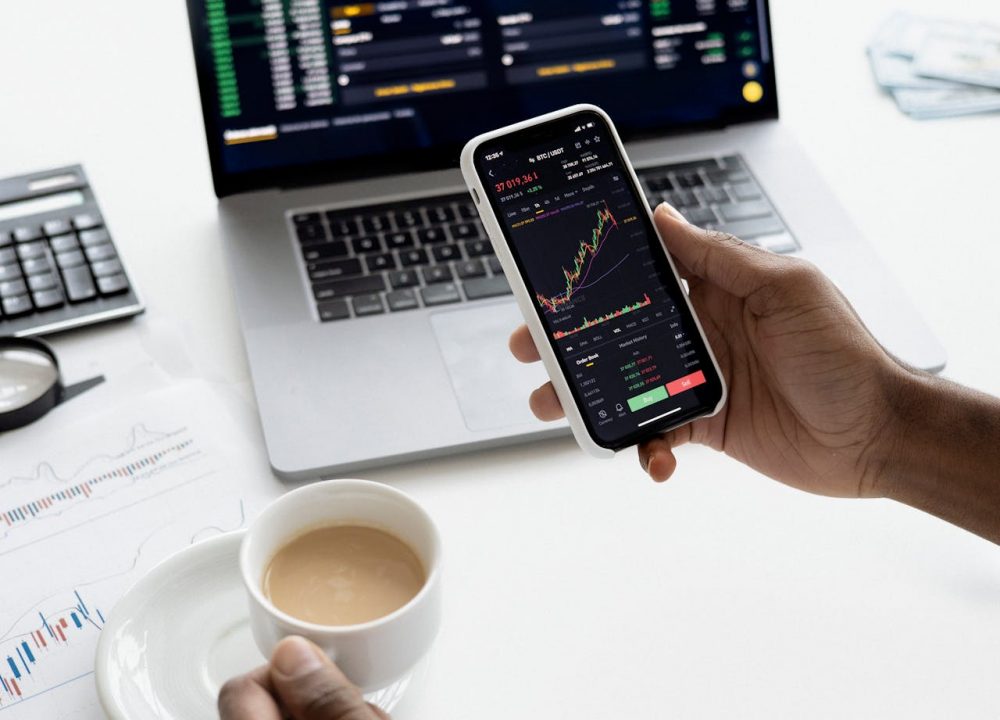In the world of finance, navigating the sea of borrowing options can be daunting. Especially, for newbies. Among these, personal loans stand out as versatile and accessible tools for managing your finances, making big purchases, or consolidating debt.
Let's break down what a personal loan is and how it works:
What are Personal Loans Actually?
A personal loan is essentially borrowed money from a bank, credit union, online lender, or sometimes, a credit card company. Your intentions are that you will pay back in fixed monthly payments, typically over two to seven years.

Karolina / Pexels / Essentially, a personal loan is a loan that you borrow from a lender to pay back with a fixed installment.
Unlike mortgages or car loans that are designed for specific purposes, personal loans are unsecured. Meaning, you do not need to put up collateral like your home or car. This flexibility allows you to use a personal loan for almost anything, from consolidating high-interest credit card debt to financing a wedding or covering unexpected medical expenses.
How Does a Personal Loan Work?
The journey of obtaining a personal loan starts with the application process and ends with the final payment. Here is a step-by-step breakdown:
Application
You apply for a loan with a lender. This can be done online, which is convenient and fast, or in-person at a bank or credit union. Especially, if you have a pre-existing relationship with the institution.
- Evaluation: Lenders evaluate your application based on several criteria:
- Credit Check: Your credit score and payment history are scrutinized to assess your creditworthiness.

Andrea / Pexels / Once you apply for personal loans, your lender wants to ensure you have a steady income to manage loan repayments.
- Debt-to-Income Ratio: This measures your monthly debt payments against your income, helping lenders understand your current debt load.
- Approval: If the lender is satisfied with your creditworthiness, they will offer you a loan. This offer includes the loan amount, repayment term, and interest rate. This is influenced by your credit score: The higher your score, the lower your interest rate.
Funding
Once approved, the funding process varies by lender. Online lenders might fund your loan almost immediately, while traditional banks could take a few days.
Generally, you can expect to receive funds within one to seven business days. However, repayment usually begins about 30 days after you receive the loan. You will have fixed monthly payments over a predetermined period. Thus, making budgeting for repayment straightforward.
Key Considerations
Personal loans can have fixed or variable interest rates. Fixed rates remain the same throughout the life of the loan, offering predictability in your payments. Variable rates can fluctuate, potentially lowering your interest cost but also adding uncertainty to your monthly budget.

Mikhail / Pexels / Be aware of any fees associated with the loan, such as origination fees (a one-time charge based on the loan amount) or prepayment penalties for paying off the loan early.
With numerous lenders vying for your business, it is wise to compare offers. So, look beyond interest rates and consider fees, loan terms, and lender reputation.
Plus, applying for a loan involves a hard inquiry on your credit report. This can temporarily lower your score. However, timely loan repayments can improve your credit over time.
Who Should Consider a Personal Loan?
Personal loans can be a smart choice if you need to consolidate high-interest debts, finance a large purchase without collateral, or cover significant expenses with a clear repayment plan. They are particularly appealing if you have good credit, as you will qualify for the best terms and rates.
However, it is crucial to consider your ability to repay the loan, as defaulting can seriously harm your credit score and financial stability.






